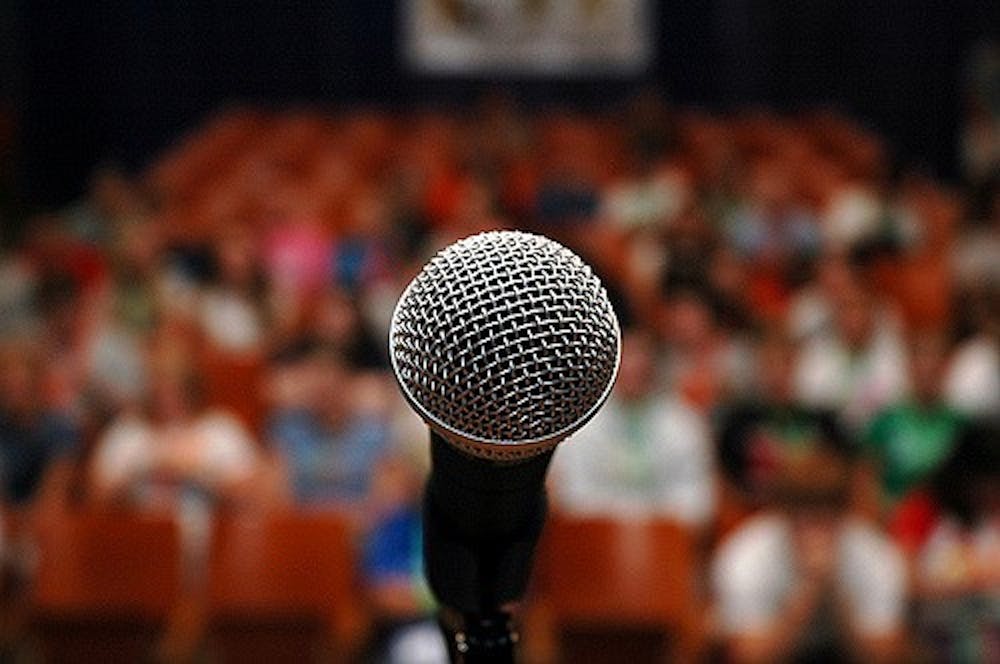Student elections have begun to draw near and by the end of this month, large organizations such as Honor, Student Council and the University Judicial Committee will hold their elections for their student representatives for the next year. These elections can be large sources of stress for many students involved.
Jack Brake, a third-year College student who acts as the chair of the Undergraduate Research Network and plans to run for a position within UJC, said he has recently been stressed.
“Election time can be very stressful and time consuming — especially those run through the UBE system that the University provides,” Brake said.
The University Board of Elections was established in the fall of 2003 to further the aims of student self- governance. It includes organizations previously mentioned like StudCo, Honor and UJC.
One of the main goals of UBE is to reduce the amount of stress placed on the students running for positions. The organization is responsible for maintaining the election calendar and running the online ballot system for the organizations involved.
Emily Lodge, a fourth-year Batten student and current Student Council president, described ways in which she thinks UBE has addressed the issue.
“The University Board of Elections changed the voting period from one week to three days this year, which I think will be extremely beneficial to the health [and] stress of the candidates,” Lodge said. “By the time the polls open, candidates have done all they can. Yet, you always think you need to be doing more the week of voting to get every vote you can, which causes a prolonged period of stress.”
The stress placed on students can take many forms, but all students interviewed agreed that sacrificing sleep was a common solution in order to meet deadlines for their obligations. While this can become overwhelming, Brake said it is manageable once students recognize the workload that leadership requires and properly budget time to work through it well.
Some leaders also emphasized that stress related to leadership was not limited to elections, and that oftentimes it became worse.
“I guess election time is tough as it requires an increase in time commitment,” Brake said. “But it’s the same for having to organize many of the other important events that [the URN] hosts throughout the year.”
Mitch Wellman, a fourth-year College student and UJC Chair, also said that his workload after the election was a larger issue.
“I will say that those who win elections are hit with their fair dose of stress after the election and transition when they truly realize how much work lies ahead of them,” Wellman said. “If a transition plan between leaders is lacking, it can cause stress for everyone.”
Most students said that asking for assistance from others — either their friends and family or others in the organization — is crucial in dealing with the stress of leadership.
For Brake, collaborating with his predecessor at the URN greatly assisted him in learning the ropes and smoothly transitioning into his new role, he said. The University also provides services to mitigate health issues through Student Health with Counseling and Psychological Services.
While elections can be stressful, the benefits of running can ultimately outweigh all of the hard work.
“I think elections can be an extremely stressful time, but I also believe they can be exciting and beneficial,” Wellman said. “The competition pushes up-and-coming leaders to form ideas of how to improve their organization and then spread these ideas the best they can. I'd say many organizations see a spike in ingenuity during elections season.”







